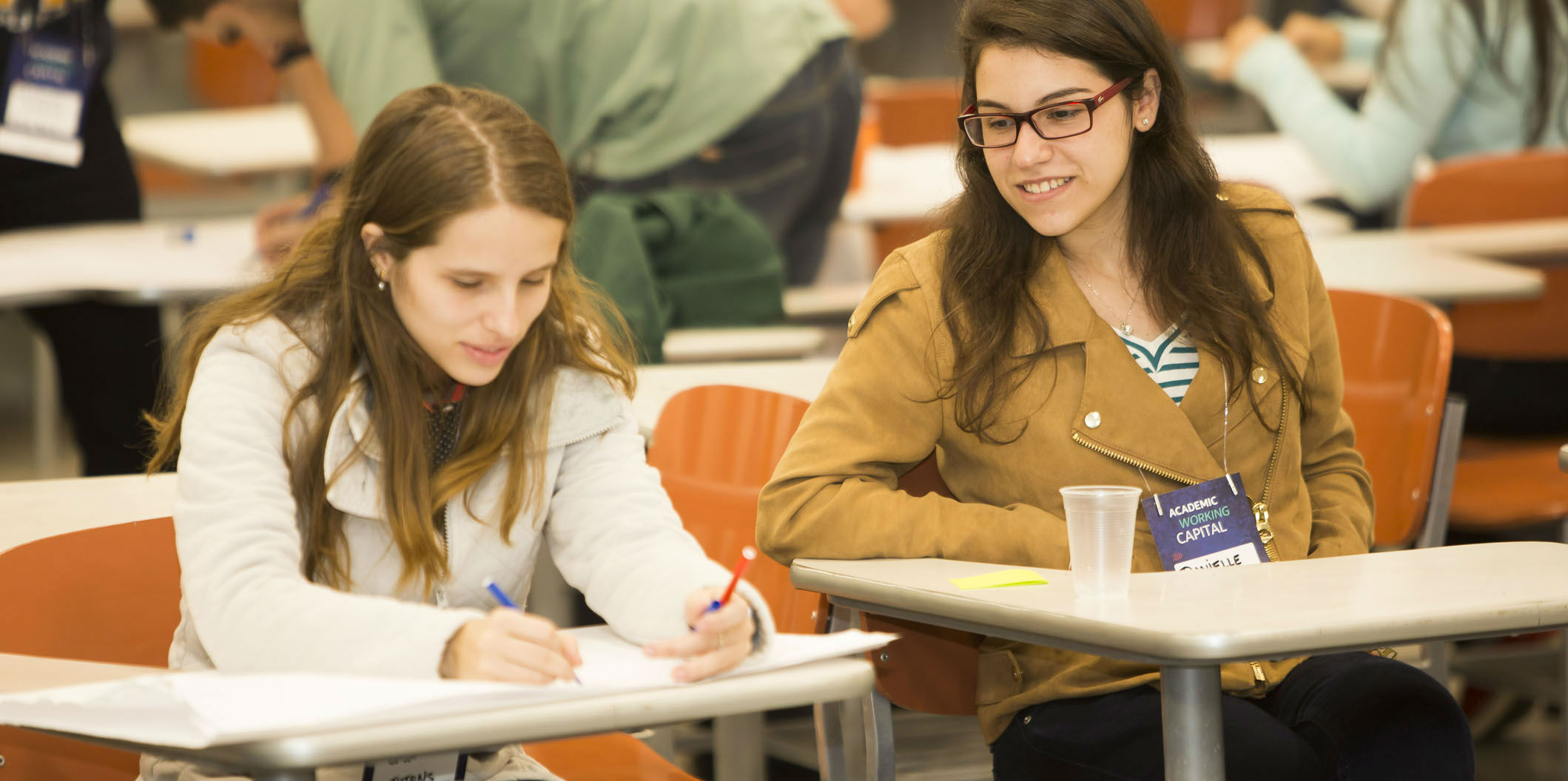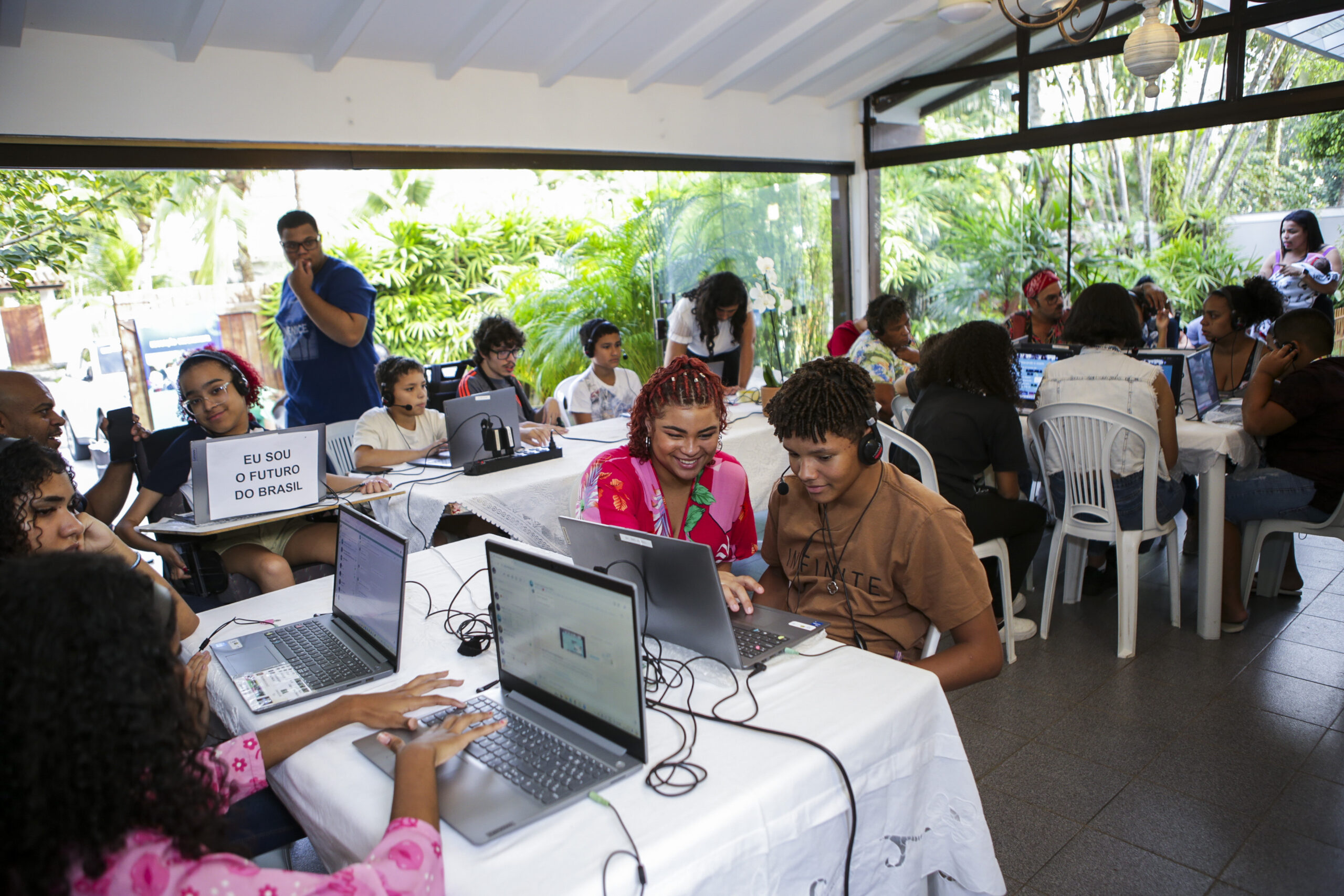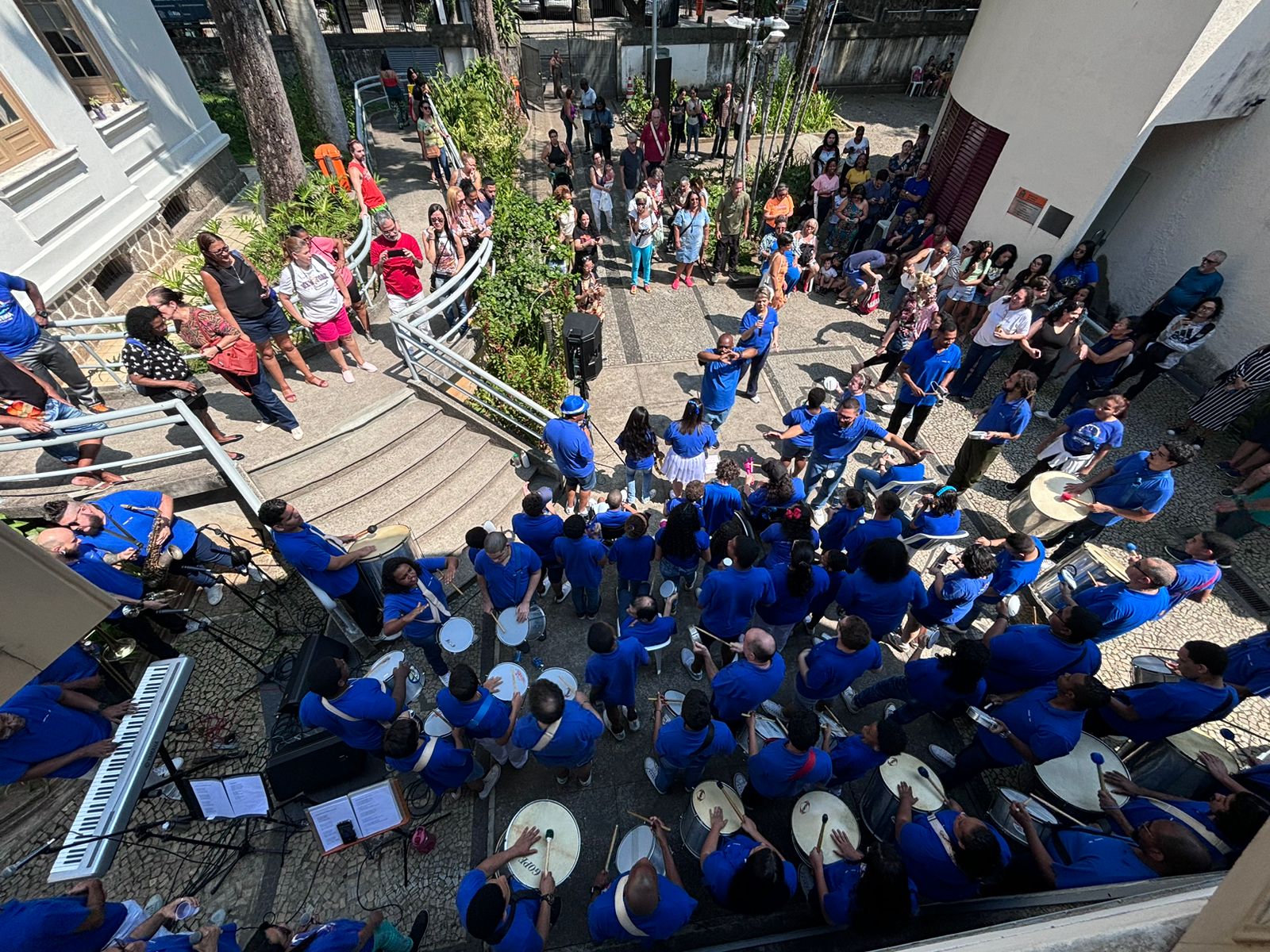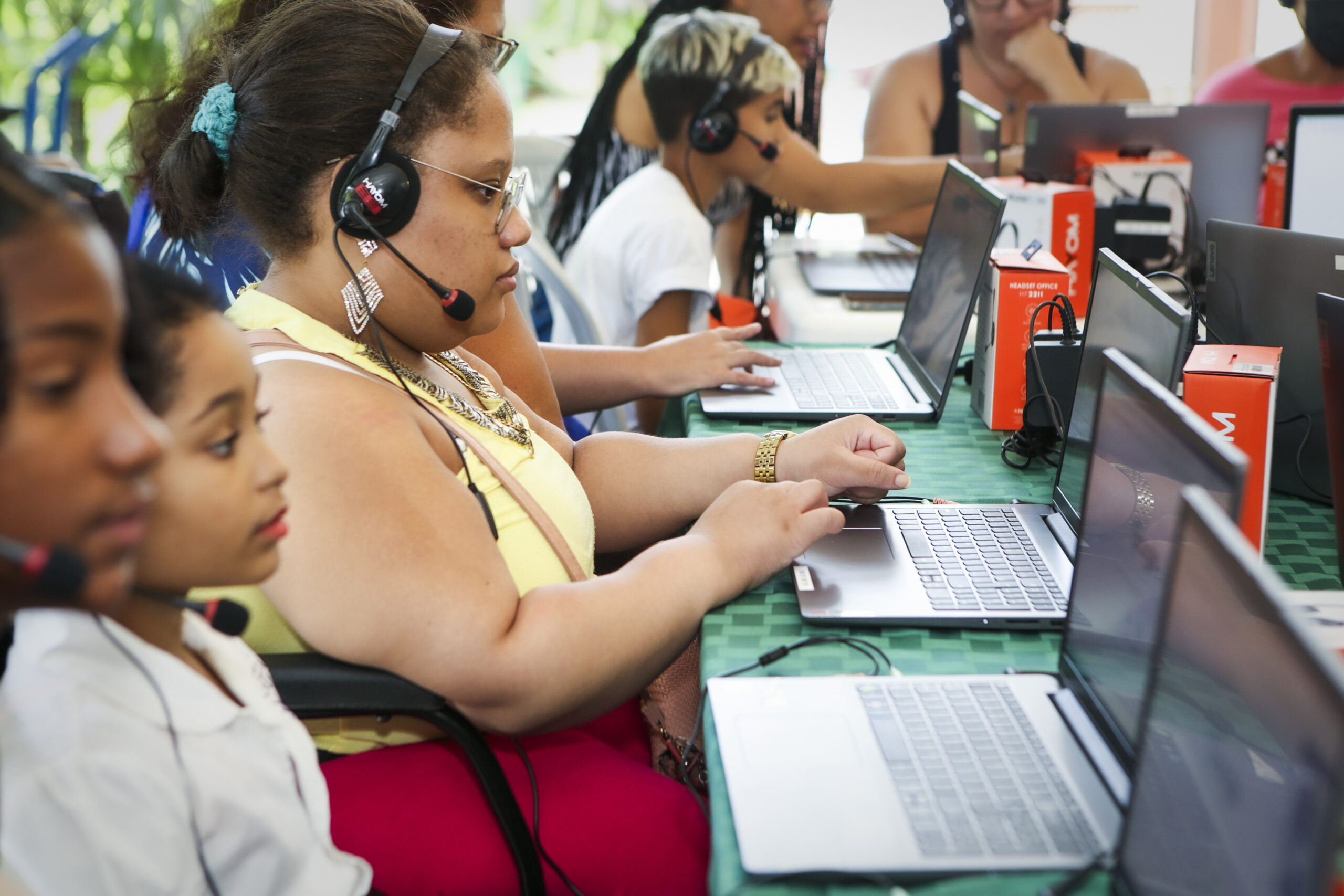
There are already more women undertaking projects than men. This was one of the conclusions of the research Global Entrepreneurship Monitor 2016, carried out by Sebrae and the Brazilian Institute for Quality and Productivity (IBQP). Almost half of these new female entrepreneurs (with businesses up to 3.5 years old) are concentrated on activities of domestic service, hairdressing and beauty, clothing and cosmetics trade, and catering and food services. However, little by little, they are betting more on areas that are usually dominated by men – and in Academic Working Capital it is no different.
The percentage of women participating in the program doubled in the 2017 edition, if compared to other years: while in 2015 and 2016 the female participation at AWC was around 10%, this year, this number increased to 20%. For Sílvia Takey, partner in the startup DEV Tecnologia and a member of AWC Board of Consultants, this increase is a reflection of a trend she has been noticing in the startup world. “It is interesting to notice that this increase happened without any specific action to call women, it happened naturally,” she says.
Danielle Cohen, who recently received her undergraduate degree in Production Engineering from the Pontifical Catholic University of Rio de Janeiro (PUC-Rio), is one of the participants of AWC 2017 and tells that she has always wanted to undertake projects. Her first experience was in the 4th semester of graduation, when she started participating in BEPiD – a program of the Laboratory of Software Engineering of PUC-Rio in collaboration with Apple focused on application development and entrepreneurship. As the final project of the program, she created Nobi, a system for managing residential condominiums that became her first startup.
From some interviews conducted to create Nobi, Danielle noticed another business opportunity: reducing the lines of reception of commercial buildings. Together with her classmate Luisa Paiva, she is developing at AWC an automated reception service system using totems, called Totmi. The number of women participating in the program surprised her. “I thought there would be fewer women. Some women are more technical, others not so much, but all of them want to ‘get their hands dirty’ and learn,” she says. What she considers most important at AWC is the collaboration and the feedbacks shared among the groups.
Challenges to overcome
Sílvia explains that there are biases and issues to overcome in order to increase the number of female entrepreneurs in technology. Aside from the fact that technology still is seen by many people as a male area, there are women who are afraid to engage in a startup and not having time for their family. “Today, the roles are more divided between men and women, so women are risking more,” she says. Unfortunately, there is still a preference of the investors for male-led business. Silvia mentions a research published at Harvard Business Review that reveals that even the questions asked by investors are different for each gender – for women, they are more related to business risks; for men, they are more related to the potential value.
“Women positioning themselves and putting themselves more firmly and convincingly to the investor can help to change that. It is a bigger challenge, but that is increasingly being overcome with our work,” Sílvia says. Danielle suffered some episodes of prejudice for being a woman in the area of technology, but she did not let herself be down. “Women have to show that they are technically good, they have to show that they can do as much as men do. Sometimes, they get shy of talking in front of them, but they do have to speak up and show all of the potential they have”.






































































































